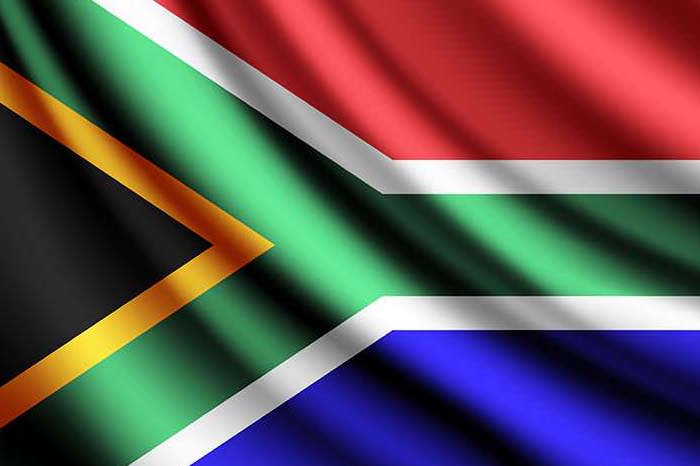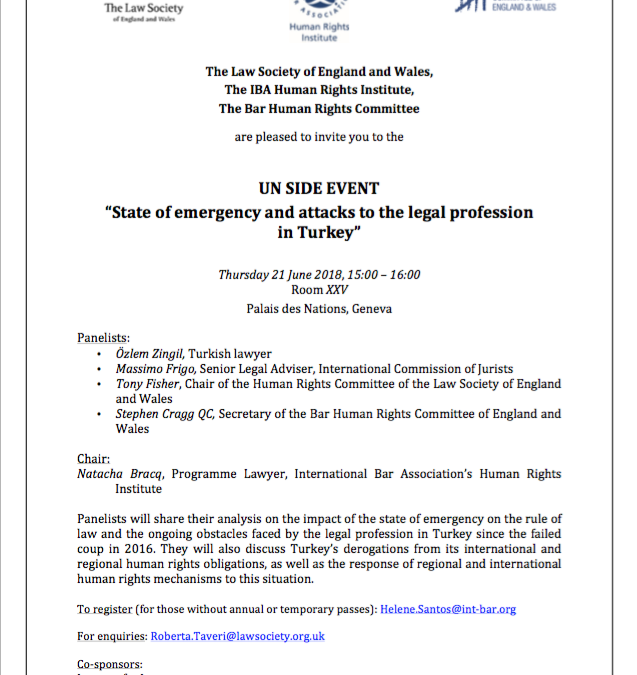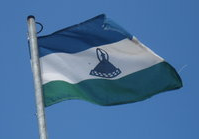
Submission by the ICJ to the UN Committee on the Elimination of Racial Discrimination on South Africa’s compliance with its obligations
The International Commission of Jurists (ICJ) made a submission to the UN Committee on the Elimination of Racial Discrimination in view of the Committee’s examination of the Combined Ninth to Eleventh Periodic Reports of South Africa under Article 9 of the International Convention on the Elimination of All Forms of Racial Discrimination (ICERD). The submission focussed primarily on the treatment of non-citizens with reference to the 2019 National Action Plan and on South Africa’s violations of the right to access health care and treatment, the right to work, as well as on concerns around residence and humanitarian protection for Zimbabweans.
The following are among some of the recommendations featured in the submission, which ICJ addressed to the South African government, to tackle a number of violations of the ICERD:
- Enact legislation that permits trained attorneys who are non-citizen/non-permanent residents to be admitted into the South African legal profession. Remove unequal practices and policies that discriminate against non-citizens and deny or undermine their ability to work in their chosen profession. Promote and advance the rights to work, to free choice of employment, to just and favorable conditions of work, to protection against unemployment, to equal pay for equal work, to just and favorable remuneration;
- Acknowledge that, based on the demographics of South Africa’s migration trends, discrimination based on national origin and citizenship status carries a quality of xenophobia and racial discrimination and should be recognized as unconstitutional and a violation of South Africa’s obligations under the Convention;
- Halt the termination of the ZEP programme and institute a pathway toward permanent residency for the 178,000 Zimbabweans who have lived and worked in South Africa for over a decade under the ZEP programme; and
- Extend the ruling that found denying access to public healthcare for non-citizen mothers, lactating mothers and children under the age of six is unconstitutional so as to ensure that denial of access to public healthcare to any individual in South Africa is unconstitutional;
- Formalize the informal economy by ensuring that informal economy workers are catered for under labour, occupational health and safety, social protection and non-discrimination laws;
- Ensure that by-laws and regulations comply with the right to work and the right to non-discrimination in the South African Constitution and under the Convention.
The following organizations have endorsed this submission:
- Lawyers for Human Rights
- Section 27
- Centre for Applied Legal Studies
- Health Justice Initiative
- Kopanang Africa Against Xenophobia
- Solidarity Centre
- The Consortium for Refugees and Migrants in Southern Africa.






